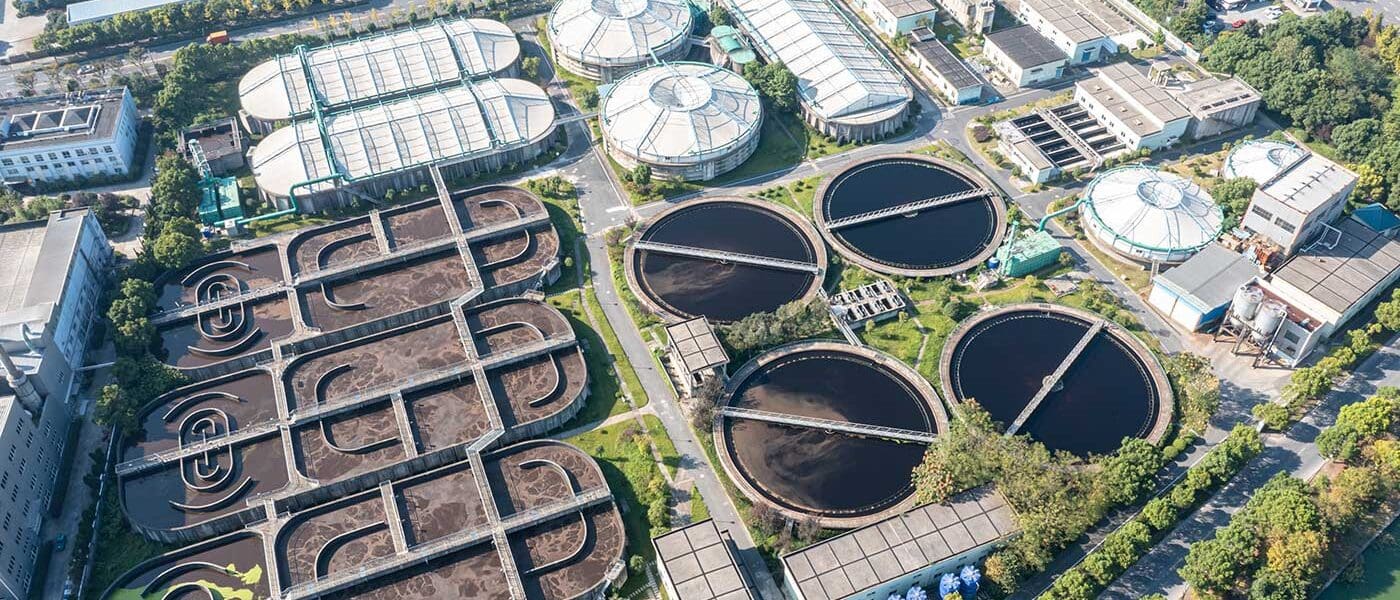E.on and Yorkshire Water have unveiled ambitious plans to utilise waste heat from sewage to provide low-carbon heating for up to 40,000 homes in north-east Sheffield.
Announced on Monday, the proposal involves capturing warmth from effluent at Yorkshire Water’s Blackburn Meadows sewage treatment plant.
The initiative will see large heat pumps installed to extract heat from the liquid waste produced during the final stages of wastewater treatment. This innovative approach aims to supply a low or zero-carbon source of heating to E.on’s Lower Don Valley district heat network, significantly reducing carbon emissions and enhancing energy efficiency.
The two utilities have signed a memorandum of understanding to explore methods for improving sustainability at their Sheffield operations. Another option under consideration is using electricity and heat from E.on’s nearby Blackburn Meadows biomass renewable energy plant to power Yorkshire Water’s Tinsley sewage facility.
Simon Duncan, commercial director at E.on, commented: “We need to find new, cleaner ways of heating our homes and businesses, and heat networks like ours in the Lower Don Valley allow us to do just that. Expanding our network and connecting a wider variety of locally available heat sources is part of a plan to create a more secure, more sustainable, and more affordable energy source for the city—potentially building a model that can be replicated around the country.”
Sheffield is among seven sites selected by the government—including Leeds, Plymouth, Bristol, Stockport, and two in London—to develop heat zones where excess or unused heat from data centres and factories will be distributed to thousands of homes. Centralised heating is more efficient and cost-effective for urban areas compared to individual boilers in each property.
Currently, heat networks supply 3% of Britain’s heating demands, a figure that could rise to 20% by 2050 as part of net-zero efforts. Partnering with Yorkshire Water supports E.on’s multimillion-pound investment plans to more than double the size of its Lower Don Valley heat network.
Nicola Shaw, chief executive of Yorkshire Water, added: “It helps us because E.on are creating heat which goes into a district heat network, and we can also work together on how we supply Sheffield and the way we work with our underground networks across the city, taking out disruption from people’s everyday lives.”






